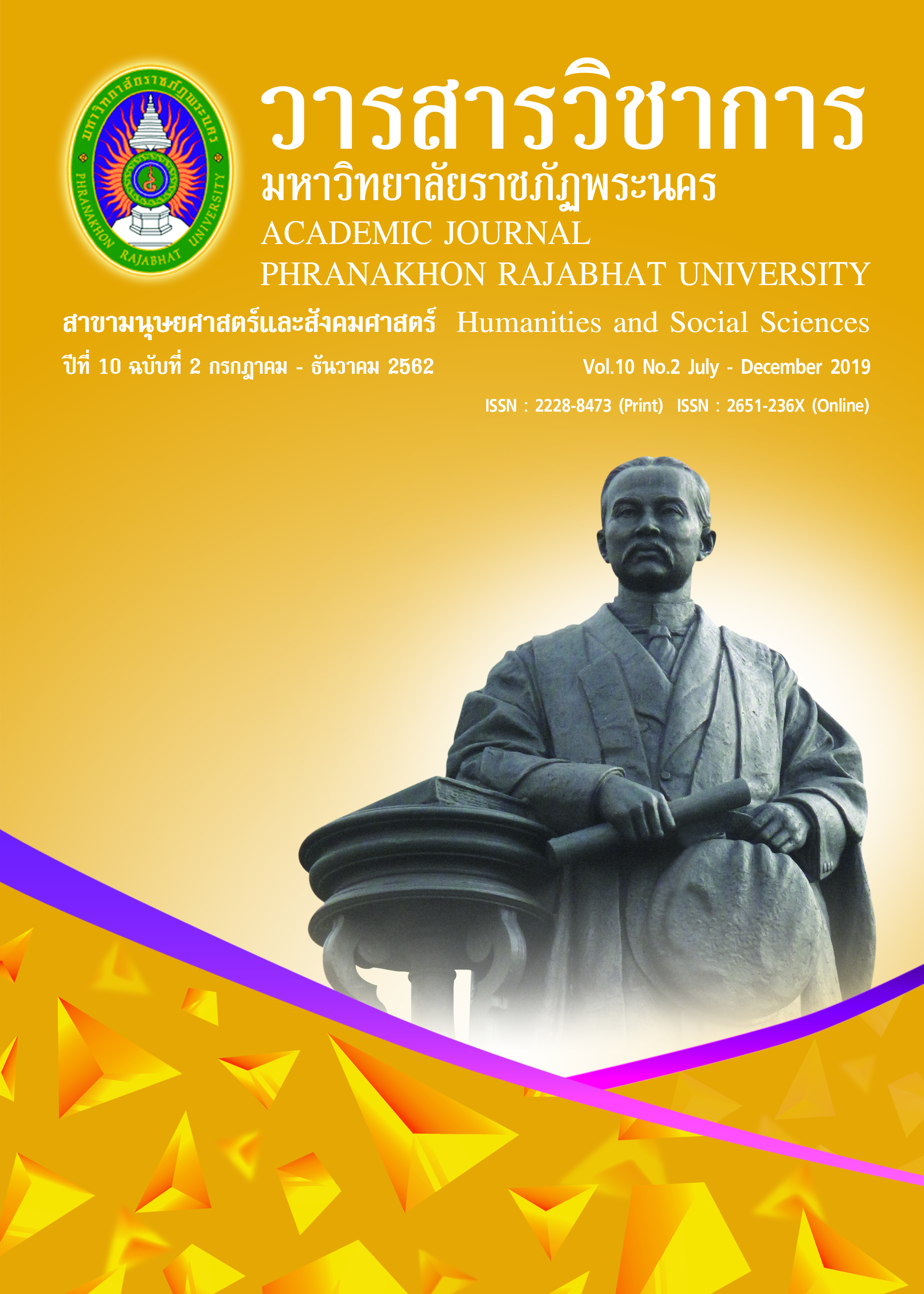THE APPROPRIATENESS OF APPLYING THE ENTRY POSITION SYSTEM TO THE JUDGES OF JUSTICE IN THE UNITED STATES OF AMERICAIN THAILAND
Keywords:
Judge of the Court of Justice, United States, entry to the positionAbstract
The objective of this article is to study the appropriateness of applying the entry position system to the judges of justice in the United States of America in Thailand. Usually, entering to the position of judge is the appointed system and competitive examination system. For Thailand, the competitive examination system must be approved by the Judiciary Committee. Then there was The Royal command to officially endorse. The selection of Judges of the United States can be divided into 3 systems. The appointment system, election systems and mixed systems. The selection has allowed the public to participate in the selection process. Considered to allow people to participate in judicial power. According to the principles of a country that is democratic, which requires the importance of public participation in sovereignty. Which Thailand does not allow people to participate in the use of judicial power If applying to the United States judges selection system in Thailand still not appropriate because the Thai judicial system is a judgment by the judge, not a jury system, as in the United States and Thailand is also a country with a patronage system help or sake of the dissenters and still found corruption in the election system which can be seen from the election of members of the House of Representatives in Thailand which is still not transparent. The selection system for judges of the United States came in Thailand for the people to participate in the judicial power there is no appropriate now.
References
Charusuksawat, W., Pattanasin, C., Eamthongchai, S. & Chirasirisophon, A. (2007). The complete report on the development of the capacity of judges in education, comparing laws and practices of the Common law and Civil law countries. Proposing to the Courts of Justice. (in Thai)
Chuangchuen, S. (1996). Access to the position of the judges of the primary court. Master Program in Laws. Faculty of Law, Ramkhamhaeng University. (in Thai)
Court of Justice. (2019). Judge of the Court of Justice. Retrieved May 14, 2019 from: https:// www.coj.go.th/th/content/page/index/id/12. (in Thai)
Nuchanat T. (2004). Admission to the judiciary’s judicial position in accordance with the Judiciary Regulations Act, BE 2543 (2000). Master Program in Laws. Faculty of Law, Ramkhamhaeng University. (in Thai)
Rutkus, D.S. (2015). Supreme Court Appointment Process: Roles of the President, Judiciary Committee, and Senate. CRS Report for Congress.
Shepherd, J.M. (2009). Are appointed judges strategic too. Duke law journal, Vol 58:1589.
Suphantharida, W. (2016). The United States Supreme Court and the preparation of the Constitutional Court ruling. Retrieved July 27, 2016 from: http://www.pub-law.net/ publaw/view.aspx?id=1835. (in Thai)
Thamrongthanyawong, S. (2004). America Politics (Type 1). Bangkok: Sema Tham Publishing House. (in Thai)
United states senate committee on the judiciary. (2017). Judicial Nominations andConfirmations. Retrieved June 7, 2016 from http://www.judiciary.senate.gov/ nominations/judicial.cfm.
Downloads
Published
How to Cite
Issue
Section
License
"บทความวิชาการในวารสารฉบับนี้ ถือเป็นความรับผิดชอบของผู้เขียนเท่านั้น"
สงวนลิขสิทธิ์ตามพระราชบัญญัติลิขสิทธิ์




